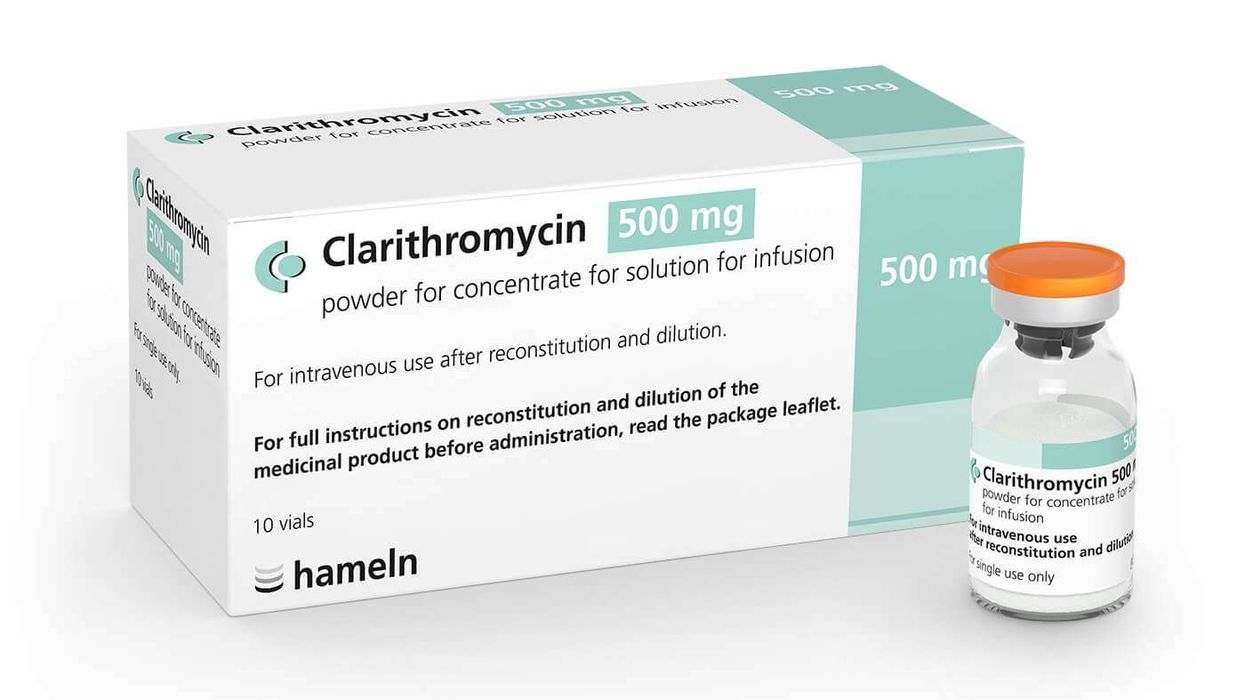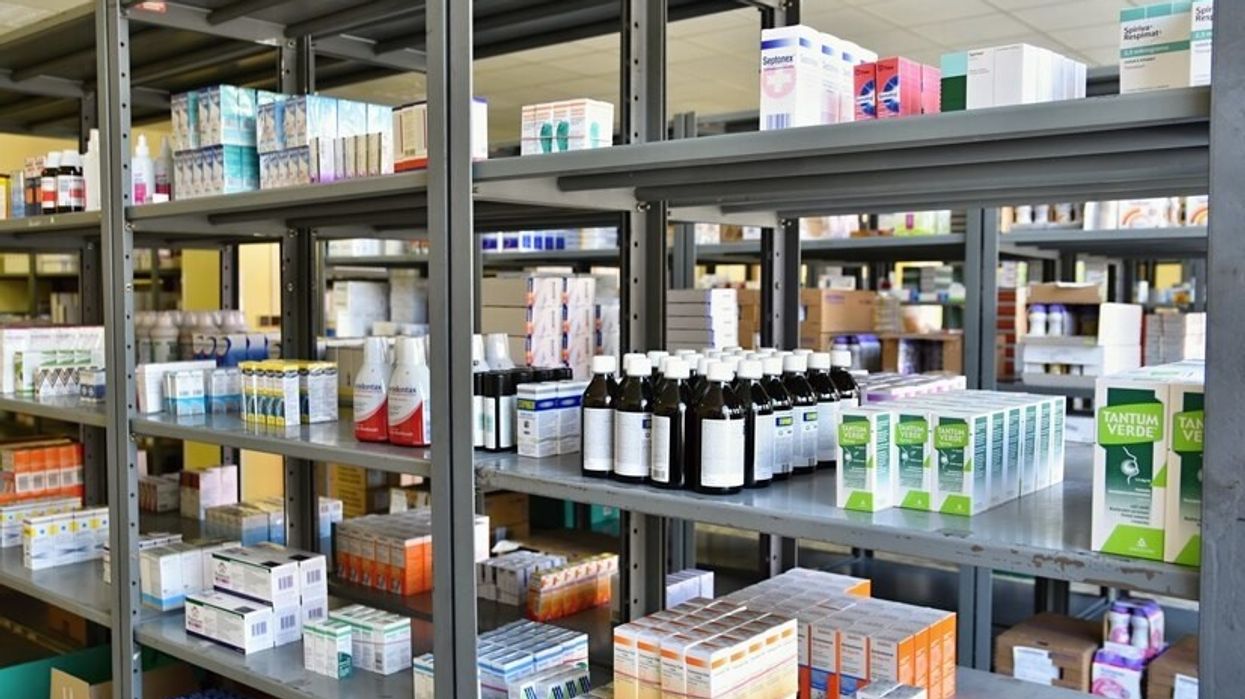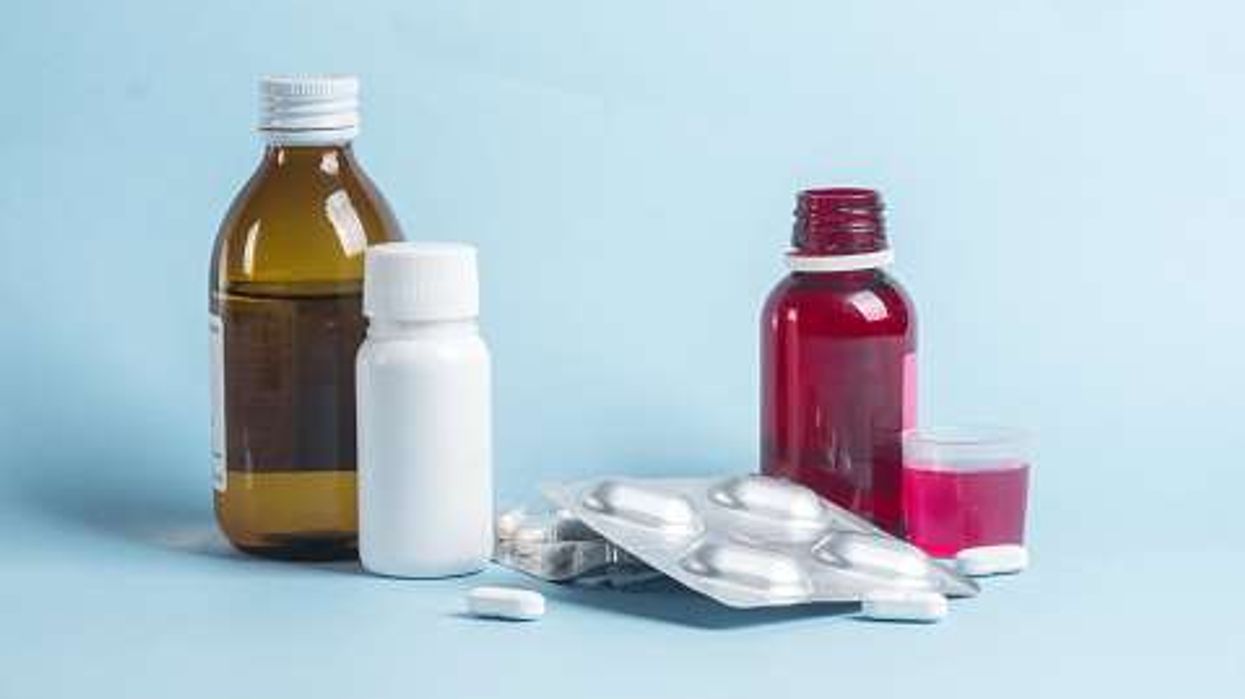NHS Somerset is aiming to grow its referral rate through GP Community Pharmacist Consultation Service (GP CPCS) to between 4,000 to 6,000 patients a month.
Since June 2021 GPs in Somerset have successfully referred around 1,000 patients a month through the Somerset GP Community Pharmacist Consultation Service (GP CPCS)
Currently, 59 of NHS Somerset's 64 GP practices and all of Somerset’s 102 community pharmacists are using the Somerset GP CPCS.
NHS Somerset found that providing the right training for GPs and for reception staff and practice managers was key to a smooth rollout and uptake of the service. As was making sure the technology worked when making referrals from general practice to community pharmacists.
NHS Somerset is using software called Patient Access Connect, which seamlessly integrates with the EMIS Web GP system used in Somerset, to give practices a quick and easy way to capture the patient information needed to deliver a referral.
Ed Garvey who has been leading the implementation of the service at NHS Somerset said: “A key component to successfully introducing the service was getting the technology in place. The Patient Access Connect software ensures that all the patient information required for the referral is included as part of the closed loop referral process.
“There is also the option to assess the patient for referral using a clinically designed assessment tool, giving receptionists and practice teams added confidence when they need some reassurance.
"The technology can also select the closest pharmacy available to the patient’s home, sending an SMS to the patient informing them of the referral.
“In the majority of these minor condition cases, the community pharmacist can provide clinical advice and off the counter products to patients via the consultation. Where this isn’t possible the pharmacist can refer the patient to the GP or other relevant health professional.”
A community pharmacist’s view
Michael Lennox, CEO of Local Community Pharmacy Somerset, said: “This has been a good start for Somerset. By having the right platform, right process and right people working together collaboratively to drive it forward, we are hopeful we can optimize this important service, driving the quality and quantity of care towards significant levels of minor conditions channel shift from practices to pharmacy.”
A GP’s view
Somerset GP Partner Dr Jeremy Imms says there have been ‘huge’ benefits, as a result of the collaboration.
He said: “The GP CPCS referrals have been easy to set up and the training provided by NHS Somerset has given our receptionists real confidence to use the service. Our team is now using it every day, encouraged by the fact that they can offer patients a good alternative.
"As a partner there is a huge cost saving to the practice as each referral is saving a clinician’s appointment. By broadening access to the wider primary care, patients are getting a better service and we are taking a little bit of pressure from GP surgeries.”
Learning for the future
Ed Garvey added that the programme had also delivered valuable insights for the future – including signs of behavior change among patients who are now more open to accessing care through their community pharmacist for minor conditions.
“Key to our success was not just the support we delivered to GPs and community pharmacists by NHS Somerset working in partnership with Somerset Local Pharmacy Council, but also the county-wide campaign we ran to promote the service to patients. Using bus and outdoor advertising, stakeholder communications, GP communications channels, a targeted social media campaign and media relations helped us raise awareness and understanding of the new service.
“We were able to develop a targeted campaign based on insight from the software to understand which patients were using the service for which conditions and whether there were areas with low take up rates.
“Using the EMIS software, we’ve been able to track metrics. Over the last year, eight per cent of patients referred via the GP CPCS were treated with a PGD (Patient Group Directions), and an average of 75 per cent of all referrals were given advice and / or medication during their community pharmacy consultation. A further eight per cent had their case escalated following the consultation.”
Ed and the team are now working closely with EMIS to develop the technology further following learnings they’ve gained over the last year.
“Communication between GP and pharmacists is clearly key, and not just at the point of referral”, he says. “The communication loop needs to be closed following the consultation in pharmacy and integrated into the patient record.”
Key benefits of the Somerset GP CPCS are:
- freeing up on average of 1,000 of GP appointments each month for patients with more complex medical needs.
- quicker treatment times for patients with minor conditions, with the CCG now delivering a pharmacy contact usually on the same day from the point of referral.
- a stronger partnership between GPs and pharmacists within Somerset.
- an increased patient awareness of the services and support that can be delivered by community pharmacies for minor conditions.











